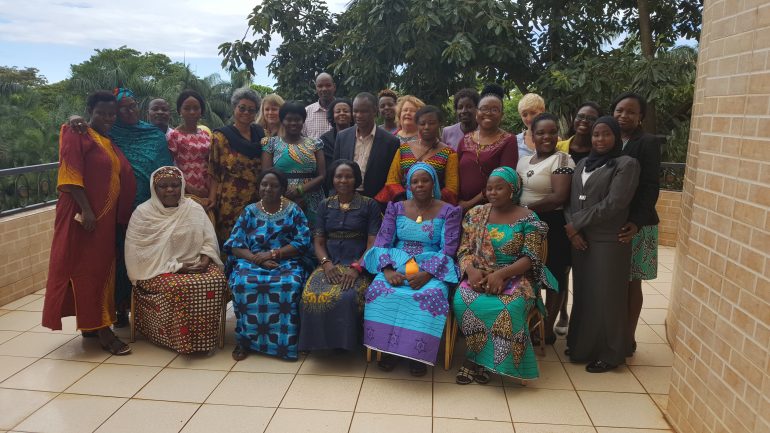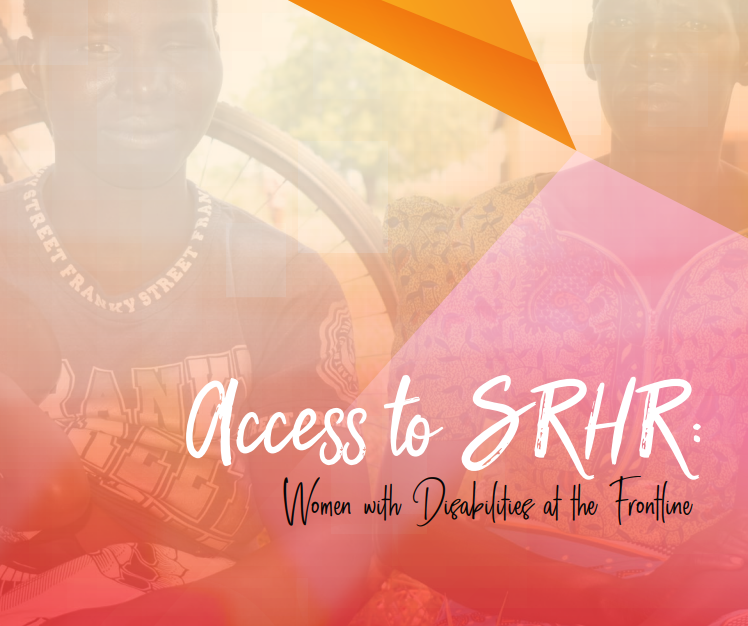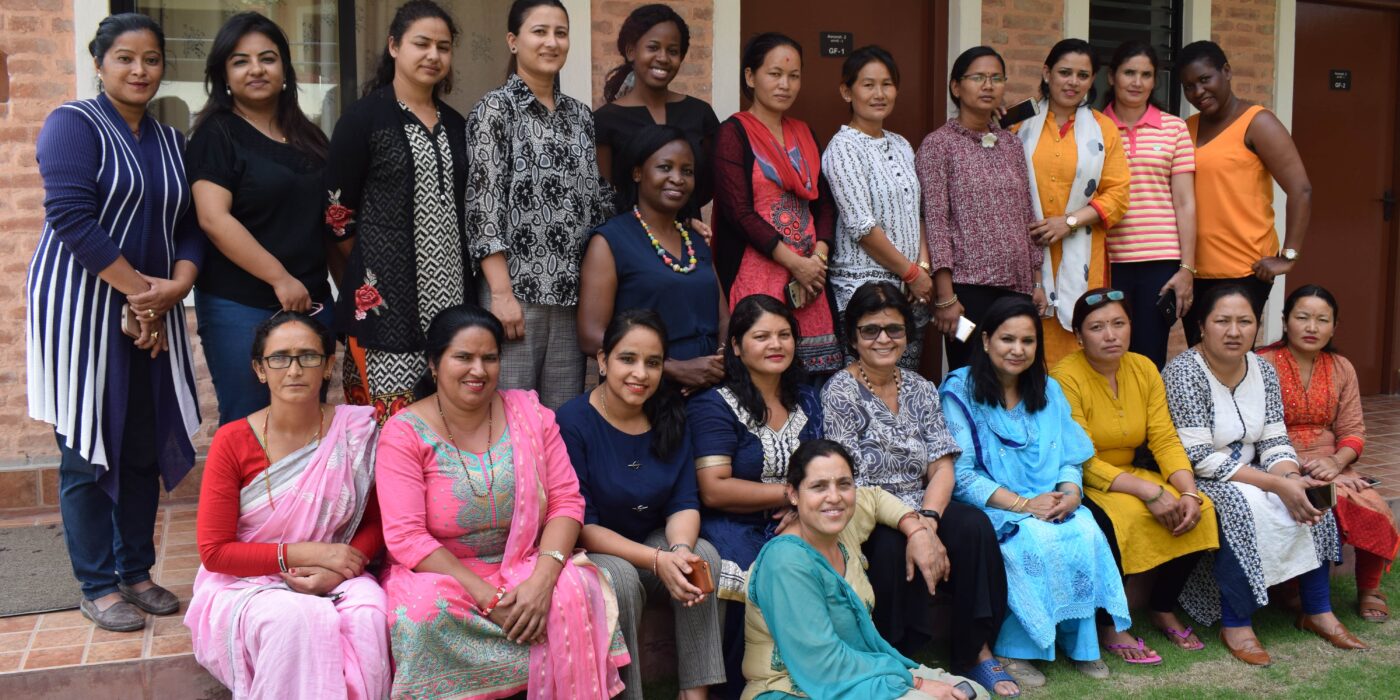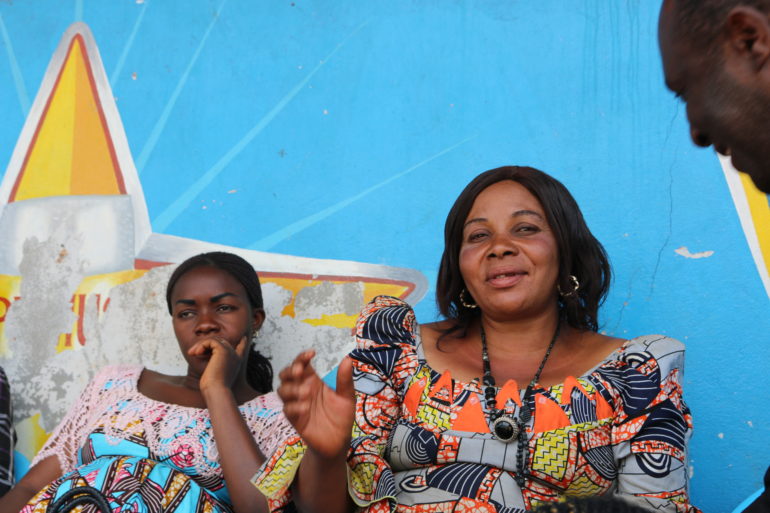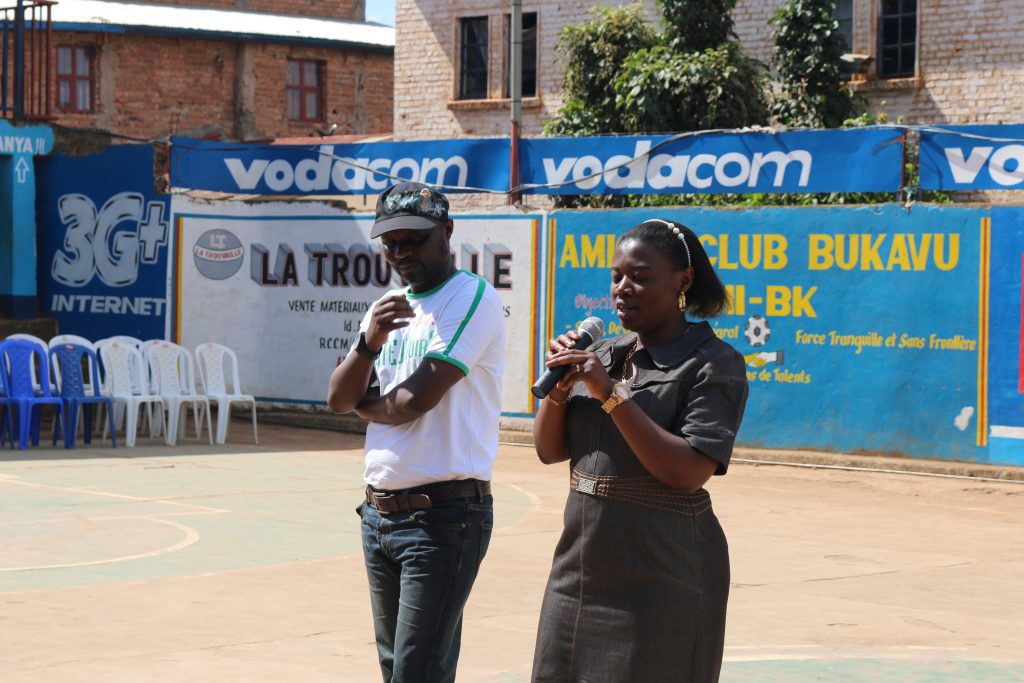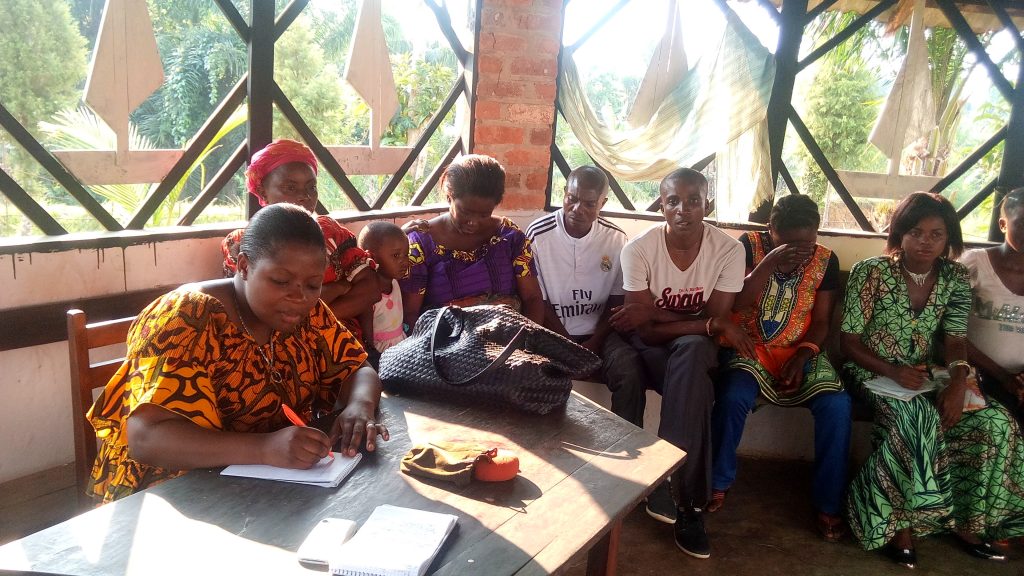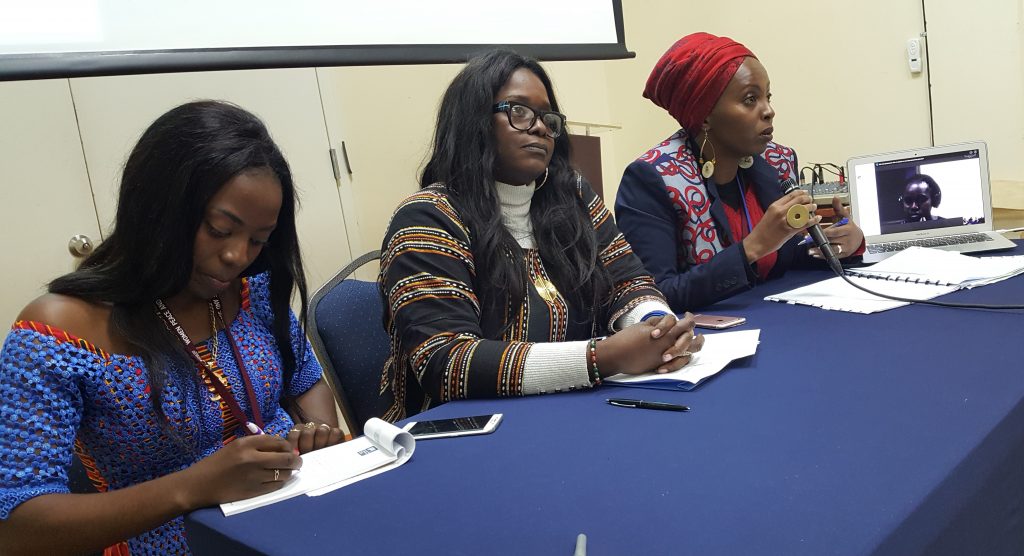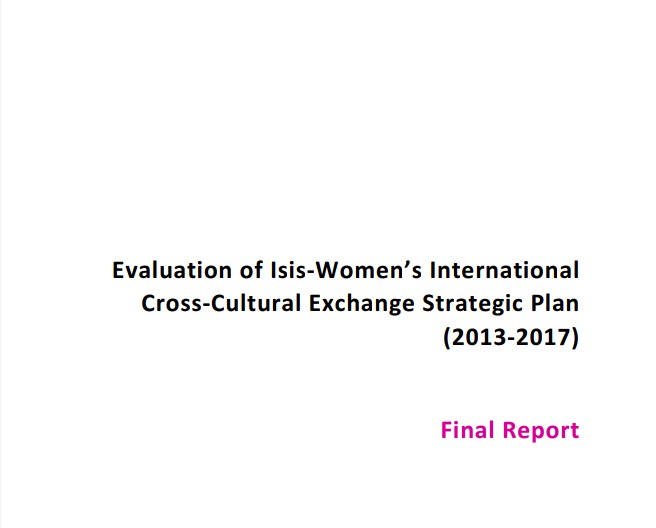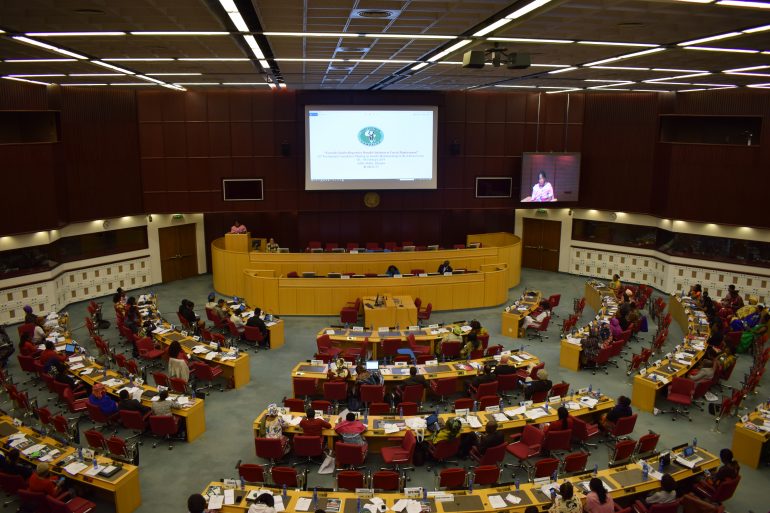Livelihood Enhancement for Social Transformation for Women Living with HIV/AIDS
Being a woman, itself often confronts you with a long and difficult process of emancipation and empowerment. Women and girls living with HIV and AIDS are not only facing the feminist process but are moreover victims of stigma and exclusion, especially in rural areas.
The programme “Livelihood Enhancement for social transformation for women living with HIV&AIDS in Orungo Sub County, Amuria District” was designed to strengthen the livelihood capacity of women living with HIV&AIDS in Orungo Sub-County, Amuria district in Uganda, with special emphasis on the members of Akwenyutu People Living with HIV&AIDS (APHAS). The project has been in effect since in October 2015–June 2018 with the overall objective of the intervention to increase access to sustainable livelihood opportunities for women living with HIV&AIDS. In 2016, Uganda experienced a prolonged drought resulting
The APHAS leadership was responsible for reaching out to the identified households and ensuring that they reach the food distribution venue on the 24th of August 2017. Ever since, APHAS has organized awareness raising sessions through music, dance and drama to over 3000 women and men in different communities. Isis-WICCE has engaged in enterprise development, entrepreneurship training and providing agricultural inputs that included seeds and tools to APHAS members
In partnership with APHAS, Isis-WICCE also organized a Girls’ Leadership Camp at Orungo PrimarySchool under the theme ‘My Body My Power’ from 2nd to 3rd June 2018. The girls’ leadership camp was attended by fifty (50) school girls aged between 9 – 12years from five primary schools; Orungo Primary School, Moruinera Primary School, Ocakai Primary School, Ococia Primary School, and Otubet Primary School. The girls were skilled in leadership, understanding their bodies, discovering their dreams and setting goals.

